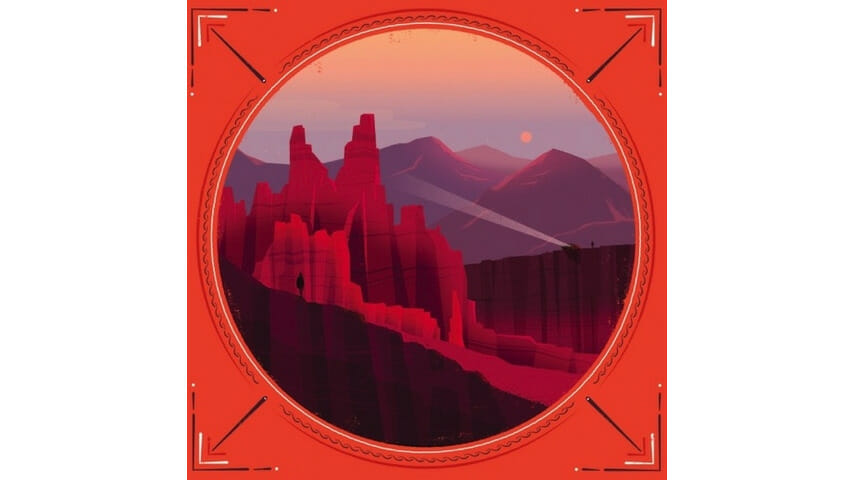Field Report: Marigolden

In the hands of Field Report’s Chris Porterfield, the word “home” starts shaping itself into something that signifies far more than just a dwelling or a town.
Field Report’s second album, Marigolden, finds Porterfield writing about home with such yearning and fiery certainty that the word seems much bigger, weighted with nuances and multi-layered significance. In the context of the 10 emotionally vulnerable songs that make up the record, home stands in for everything that is right—or should be right—in the world.
It’s evoked most explicitly, in terms of being homesick, in “Home (Leave The Lights On)” and “Cups and Cups,” but it’s more than just a physical place. The themes that emerge throughout the album—indecision, displacement, personal limits, grief and, most centrally, sobriety—all reflect the idea of home as the origin, the right fit, protective and familiar and ultimately the calm center of life’s storm.
“The body remembers what the mind forgets,” sings Porterfield on “Home,” a line that could reference the tolls of heavy drinking just as easily as a deep-seated desire to reconnect with the comforts of home. In both instances, that line (and many like it) points to the differences between this record and the 2012 debut, Field Report.
A former bandmate of Bon Iver’s Justin Vernon and Megafaun’s Brad Cook, Phil Cook and Joe Westerlund, Porterfield had left music behind in favor of stable full-time work and marriage. But over the years, he kept writing songs. The lyrics on Field Report are imaginative, detailed and highly literate, creating character-driven songs, sketches that reinforce their narratives with imagery that coalesces into a remarkable sense of place.
The best of them packed huge emotional conflicts into the tight spaces of songs. Like a scant few others, Porterfield’s songs can have the impact of fully formed short stories, but in only a couple hundred words. “Taking Alcatraz” follows a nameless character through an arc of decision and regret, having been invited to take part in the 1969 Native American occupation of Alcatraz, yet decides, scared, to stay behind, watching guiltily from a distance. “Fergus Falls” uses the recurring dream about an icy freefall to stand in for a woman’s own diverted hopes.
-

-

-

-

-

-

-

-

-

-

-

-

-

-

-

-

-

-

-

-

-

-

-

-

-

-

-

-

-

-

-

-

-

-

-

-

-

-

-

-








































